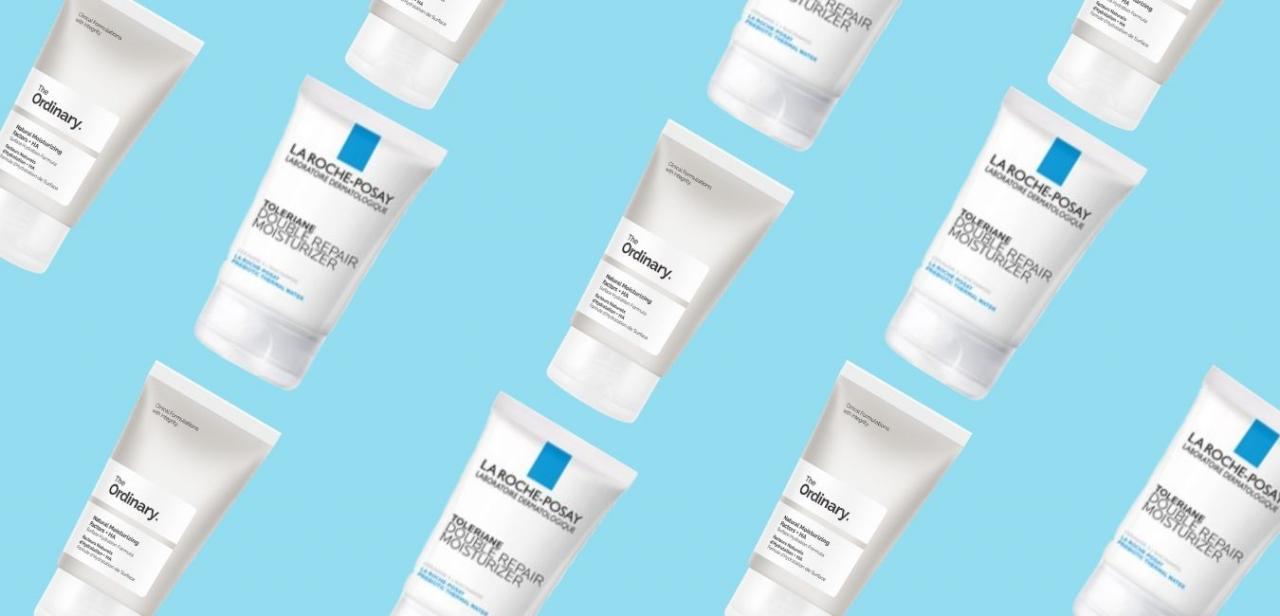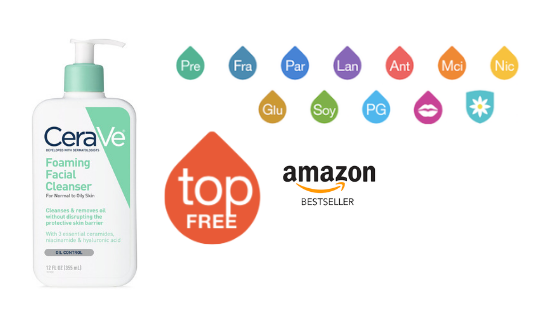Any teenager can tell you horror stories about acne. In addition to physical discomfort, acne can cause prolonged scarring and emotion duress. Acne vulgaris is a very prominent skin disorder, with legions appearing on the face, chest, and back. The legions appear as either inflammatory or non-inflammatory as skin colored or reddish legions. Acne vulgaris affects 60-70 percent of all Americans at some point in their life, and is one of the most common skin disorders.
So how do you prevent acne?
To understand how to get rid of acne, you need to understand how you get acne. Some people are more predisposed genetically. The reason is that certain genetic triggers increase the skin’s susceptibility to infection and plugging by sebum. Acne vulgaris is more prevalent if one or both of your parents have developed it. Conversely, if your parents have never displaced any symptoms of acne vulgaris, your chances of developing it is reduced. This is why some people never seem to develop these aggravating pustules.
The interaction of your hormones is also a cause of acne vulgaris. Variants of the androgen hormone, which fluctuates during the onset of puberty, have been linked to the increase of acne vulgaris. Androgen promotes the production and secretion of sebum, which can clog pores and facilitate acne. Like genetic predisposition, your hormones are beyond your control.
However, there are factors you can control. While you cannot control the level of sebum your body produces, you can regularly clean your skin to remove excess sebum. Sebum can collect dead skin, lipids, and bacteria, which can worsen the symptoms of pre-existent acne. The worse your hygiene is, the worse your acne can get. Acne can also be aggravated by cosmetics that trap excess sebum and contents that will inflame the area. Use of medications such as steroids, lithium, iodides, and antiepileptics, may also aggravate acne.
Acne can be exacerbated by the microorganisms found on your skin. The bacteria Propionibacterium acnes promotes and inflammatory response leading to the development of lesions. Some individuals are susceptible, while others are not. However, cleaning the skin with a strong cleanser can remove these bacteria from the skin and prevent inflammation.
If you want to remain acne free, it is really up to genetics and proper hygiene. However, for those who already have acne, use of cleansers and medication with triclosan, salicylic acid, and azelaic acid can clear the skin and prevent return of acne. For severe cases, contact your dermatologist.
1) http://emedicine.medscape.com/article/1069804-overview\
Chris Gromisch is a Junior Chemistry major at Trinity College






Add a CommentComments
There are no comments yet. Be the first one and get the conversation started!